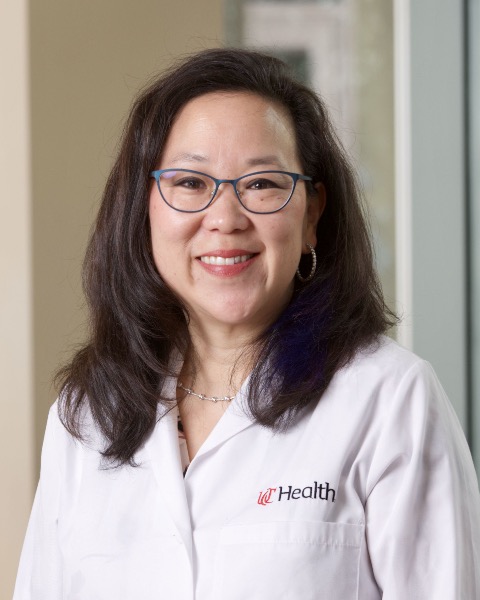What Goes Where? Best Practices for Optimizing Your Curriculum Vitae and Preparing for Promotion (AWAEM Sponsored)
Studies have shown that promotion rates are lower among faculty who are women and/or from underrepresented minority groups. There are many barriers to promotion for women and underrepresented minority groups including the complex and varied promotions processes. However, one of the first universal steps in considering promotion readiness is CV preparation and review. While structural solutions remain critically important, the goal of this didactic is to provide attendees with the tools to optimize their CV and promotion preparation. During the didactic, we will discuss how to develop and maintain a high-quality CV, considerations for promotion benchmarks, potential CV gaps, how to address career gaps, and strategies for incorporating non-traditional CV content. Women and underrepresented minority groups provide unique contributions to their department and to our specialty however these are not always appreciated in traditional CV formats. We will provide examples of how to incorporate unique contributions and opportunities to translate these contributions into academic value. Finally, we will discuss strategies for successful promotion discussion with departmental leadership. We will cover issues relevant both to trainees and academic faculty, including perspectives from faculty on a research Track (Tenure and Non-tenure) Clinical and Education Tracks, as well as an EM and PEM perspective. We recognize that every institution has specific and nuanced promotion requirements. However, many of the traditional promotion categories are similar across institutions, as are CV sections. Acknowledgment will be made of varying processes by institution and we will provide suggestions for how to identify these.
Presenters:
- Richelle J. Cooper, MD, MSHS
- Elizabeth Leenellett, MD
- Amy Zeidan, MD
-
Richelle Cooper, MD, MSHS
-

Elizabeth Leenellett, MD
University of Cincinnati College of Medicine/ UC Health
Dr. Elizabeth Leenellett is a Professor and Vice Chair of Faculty Affairs and Inclusive Excellence at the University of Cincinnati. She graduated from the University of Michigan’s Inteflex program, completed her EM residency at the University of Cincinnati and then joined the department as clinical faculty. Dr. Leenellett was the first female medical director within UCEM and served in that role at West Chester Hospital for almost a decade before becoming the inaugural UC EM Vice Chair of Women’s Initiatives. She founded the Emergency Medicine Program Of Women in leadERship (EMPOWER), established the Leadership Excels with Achievement of Diversity (UC LEADs) endowment fund, and uses the skills gained from her Hedgwig van Amerigen Executive Leadership in Academic Medicine (ELAM) fellowship to propel initiatives forward and break down barriers. Dr. Leenellett won the 2021 Ohio ACEP Physician Leadership award, 2022 UC College of Medicine Grace LeMasters “Lift While You Climb” award, and the 2022 EMRA Faculty Mentor of the Year award. She is honored to serve as the W. Brian Gibler Endowed Chair for Education in Emergency Medicine and Chief of Staff of West Chester Hospital.
-
Amy Zeidan, MD
Emory University School of Medicine
Dr. Amy Zeidan is an Assistant Professor at Emory University School of Medicine and works clinically at Grady Memorial Hospital. She received her medical degree from George Washington University School of Medicine & Health Sciences, completed an Emergency Medicine residency at The Hospital of The University of Pennsylvania and an Emergency Ultrasound fellowship at the University of Kentucky. She is co-director of the Georgia Human Rights Clinic, Co-Founder of the Society of Asylum Medicine, and has conducted forensic medical evaluations for >60 asylum seekers including those who are detained. Her research efforts focus on barriers to acute care for refugees, immigrants, and asylum populations and she works closely with many local community organizations to advocate for improved access to medical care for immigrant populations and release of medically vulnerable individuals from detention facilities. She is also an active member of SAEM’s Academy for Women in Academic Medicine, serving on the executive board for over four years, and is interested in gender inequities in academic medicine.
